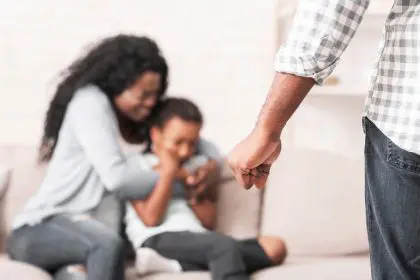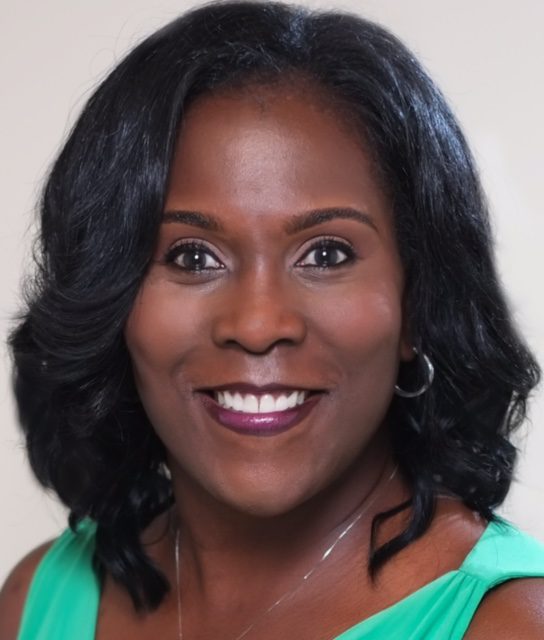
“Love does not hurt,” says Chyna McGarity, co-founder of Purple Casket Campaign and a domestic abuse survivor. The former model endured domestic abuse at the hands of her husband, which started after they left the U.S. to live in Panama. He was a police officer who swore to protect and serve, she said before a captive audience at a weeklong event titled, “The Heart of the Matter: Survivors of Dating and Domestic Violence Share Their Tragedies and Triumphs” during the “Survivor Stories” portion of the series which was held at Clark Atlanta University.
The Partnership Against Domestic Violence reports:
- Every nine seconds a woman in the United States is battered.
- One in four women will experience domestic violence in their lifetimes.
- One in five women will become the victim of sexual assault during their college careers.
- Young women between the ages of 16 and 24 in dating relationships experience the highest rate of domestic violence and sexual assault.
- At average of 28 percent of high school and college students experience dating violence at some point.
- Having a verbally abusive partner is a variable most likely to predict that a woman would be victimized by a boyfriend or husband.

Here are five things mothers should tell their daughters about how they could be victimized.
- Their partner publicly degrades them or uses verbal put downs.
- They receive an unusually high number of calls or text messages from their partner.
- Their partner requires they “check-in.”
- Their partner doesn’t allow them to spend time with family and friends.
- Their partner makes threats to them, their children, pets, family and friends.
Victims aren’t always aware they are being abused or they don’t feel like they have anyone to turn to or the support system in place. Bystanders have to be careful not to blame the victim for their condition and should not give advice. It’s best to say to them, “What do you think you should do?” or “You are the one who knows your situation best.” Encourage the victim to seek help. PADV points out leaving an abusive relationship can be dangerous and it’s essential to create a safety exit plan with a domestic violence advocate. For more information, please contact the U.S. National Domestic Violence Hotline number 1-(800)-799-SAFE (7233) or Domestic Violence Hotline at 1-(800)-334-2836.












